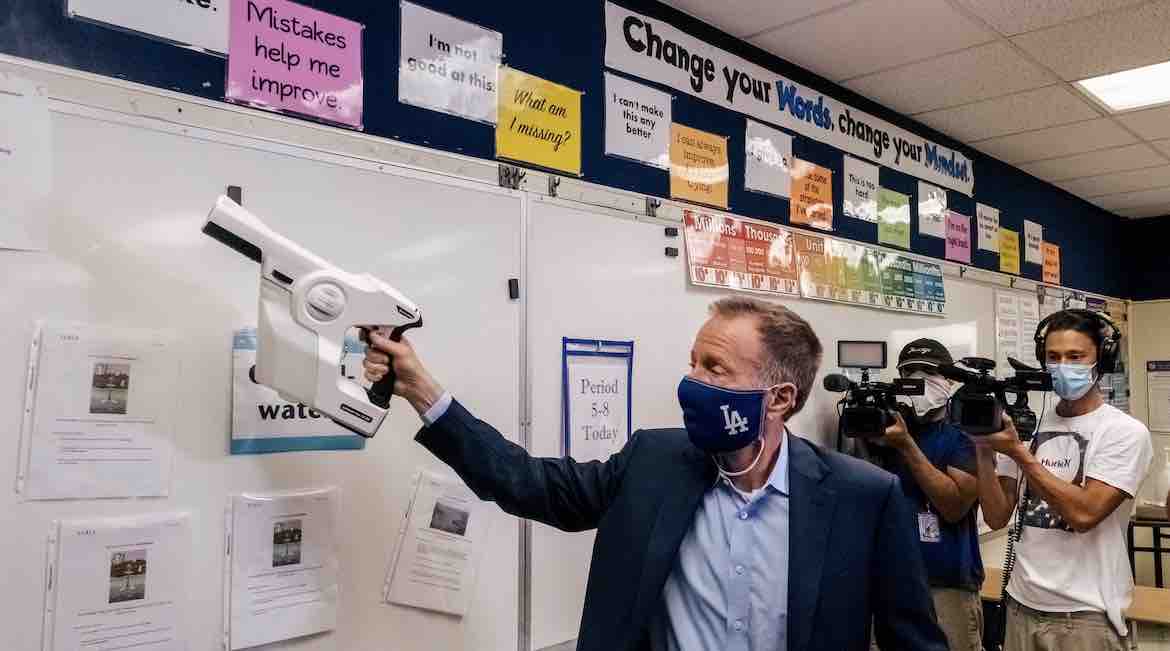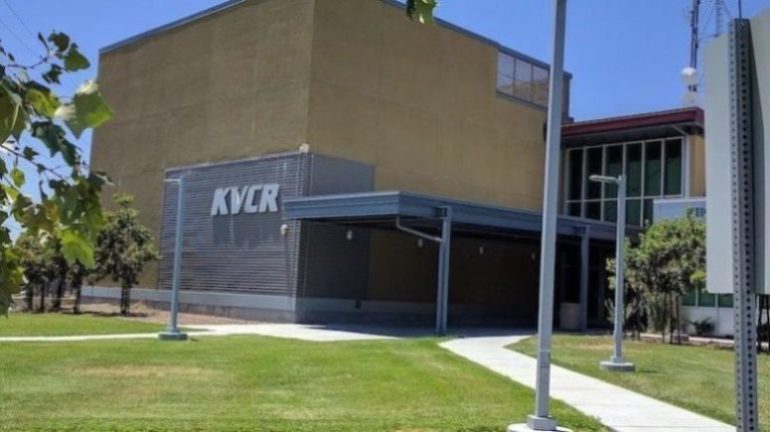Tuesday roundup: Scher leaves KUOW amid programming changes; KCET mulls bandwidth sale
• Steve Scher, host of the long-running interview program Weekday on Seattle’s KUOW, was “increasingly unhappy” at the station amid a shift to local and national news segments in middays rather than longform interviews, according to former KUOW board member David Brewster. The longtime host abruptly resigned from the station effective June 6. “Scher was increasingly convinced that he wasn’t going to be a good fit in the station’s revised format,” Brewster wrote in Crosscut, describing KUOW’s new midday approach as “the All Things Considered Formula All Day Long.” KUOW is a member of the informal “Cactus Coalition” of pubradio stations experimenting with repurposing segments from Public Radio International’s The Takeaway.
• A New York Times report on the upcoming FCC spectrum auctions reveals that KCET in Los Angeles is considering selling some of its noncom bandwidth. “In today’s environment,” the station said in a statement to the Times, “it’s wise for all public television stations to be looking at every possible opportunity for revenue. KCETLink has contacted a consultant who is exploring what that situation would look like for us.”
• Nonprofit news outlet Voice of San Diego last month “quietly debuted a native advertising program aimed at fellow nonprofits,” reports Texas Tribune fellow Jake Batsell. The $1,500 article-length promos, dubbed Partner Voices, are paid for by nonprofits or corporate sponsors and are labeled as sponsored content. Voice of San Diego’s editorial staff has no role in producing them, Batsell noted.
• Radio InSights, a blog by media consultancy Harker Research, recently asked, “NPR: Canary in Radio’s Coal Mine?”, questioning the pursuit of online streaming at the expense of over-the-air broadcasting. Authors Richard Harker and Glenda Shrader Bos look at how NPR, starting under former CEO Vivian Schiller, has devoted resources to growing its digital activities, pointing to a Current article about an NPR report that found 93 percent of listening still comes from broadcast. “If a multi-million dollar attempt to transform (don’t call it radio) NPR into a digital product is already sputtering, what’s the likelihood we’ll be melting down broadcast towers and turning them into wind turbines anytime soon?” the authors wrote.






